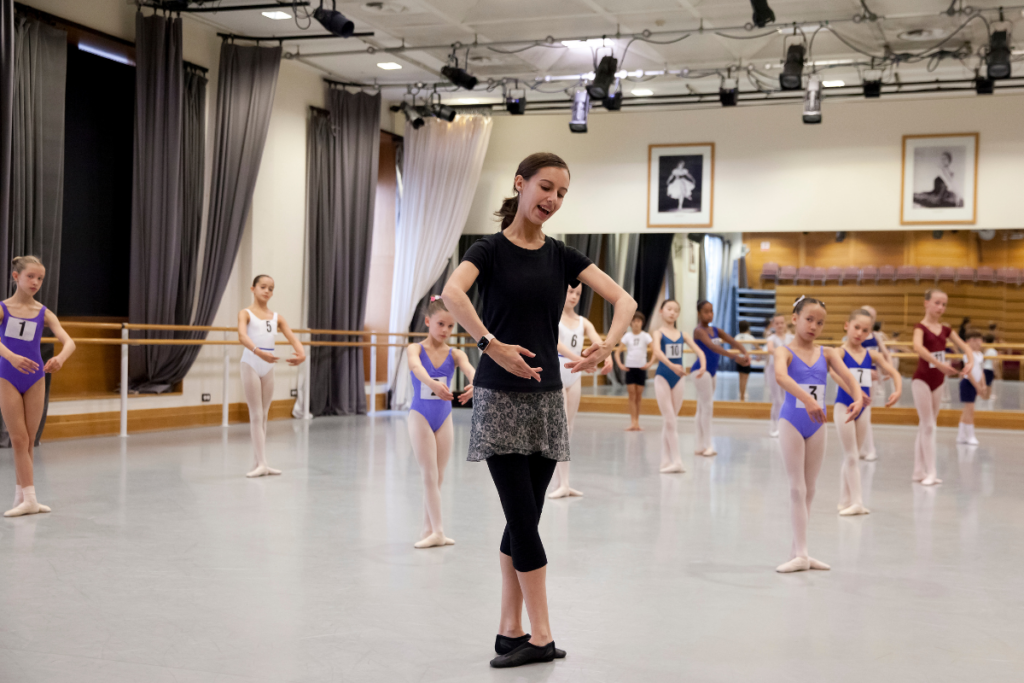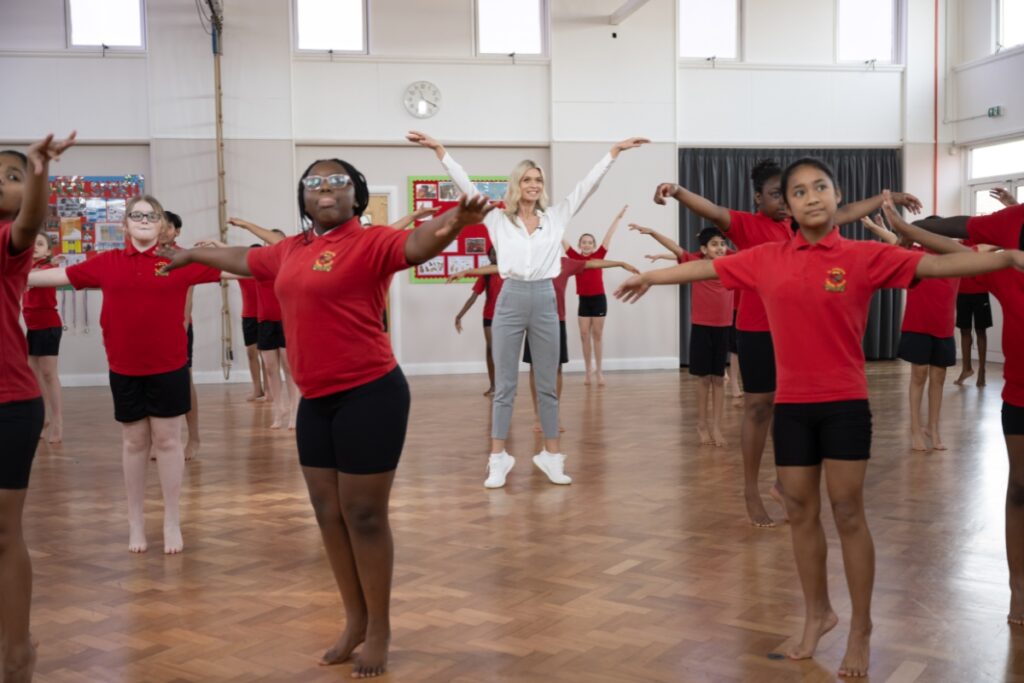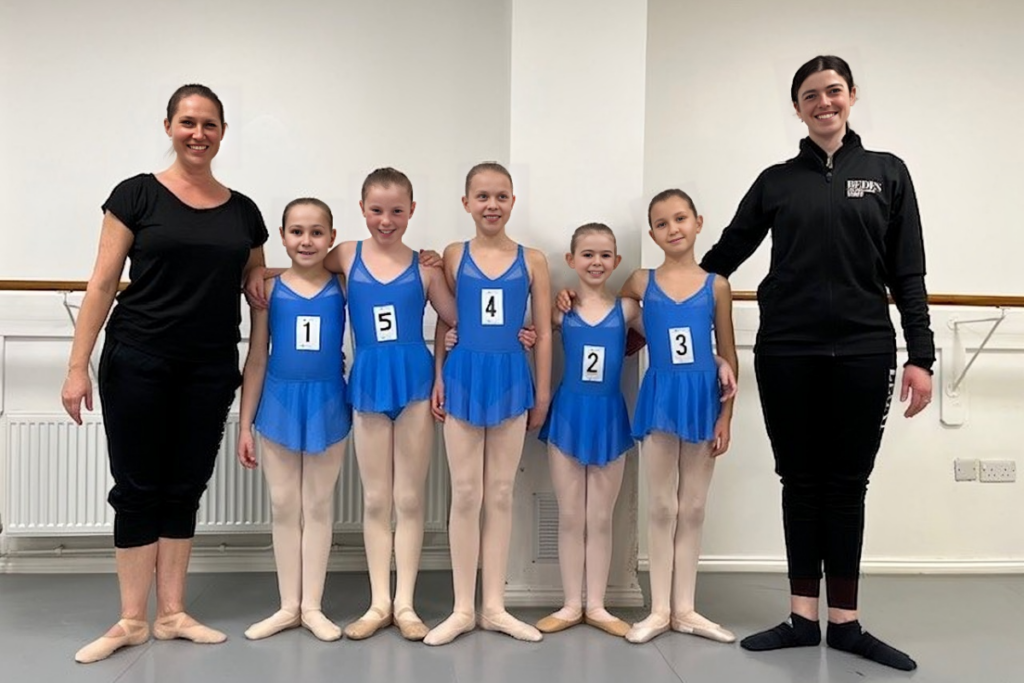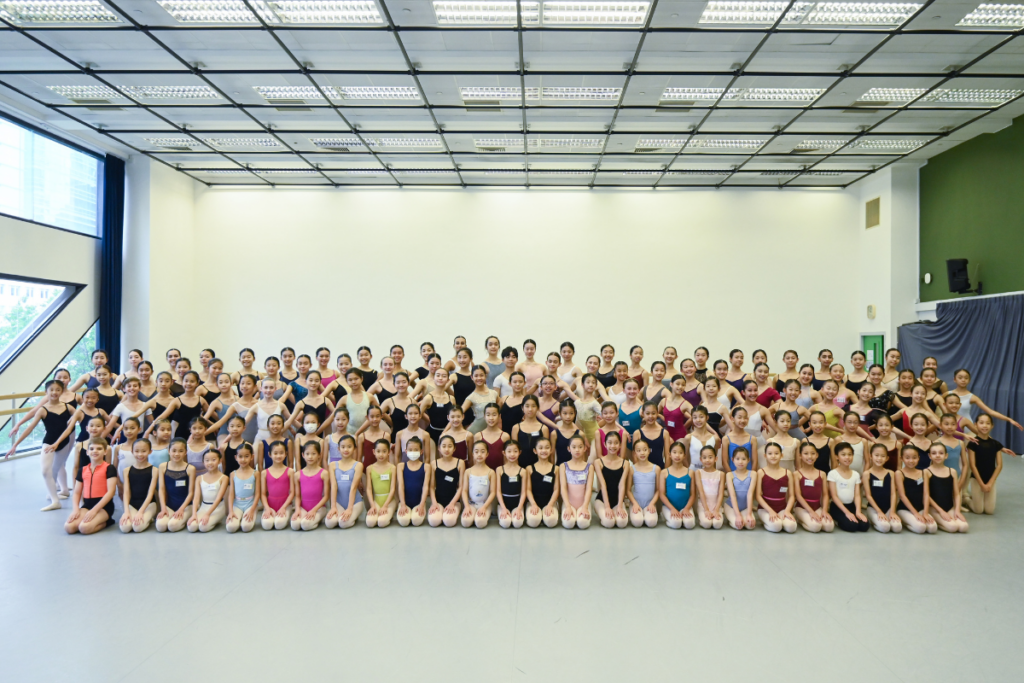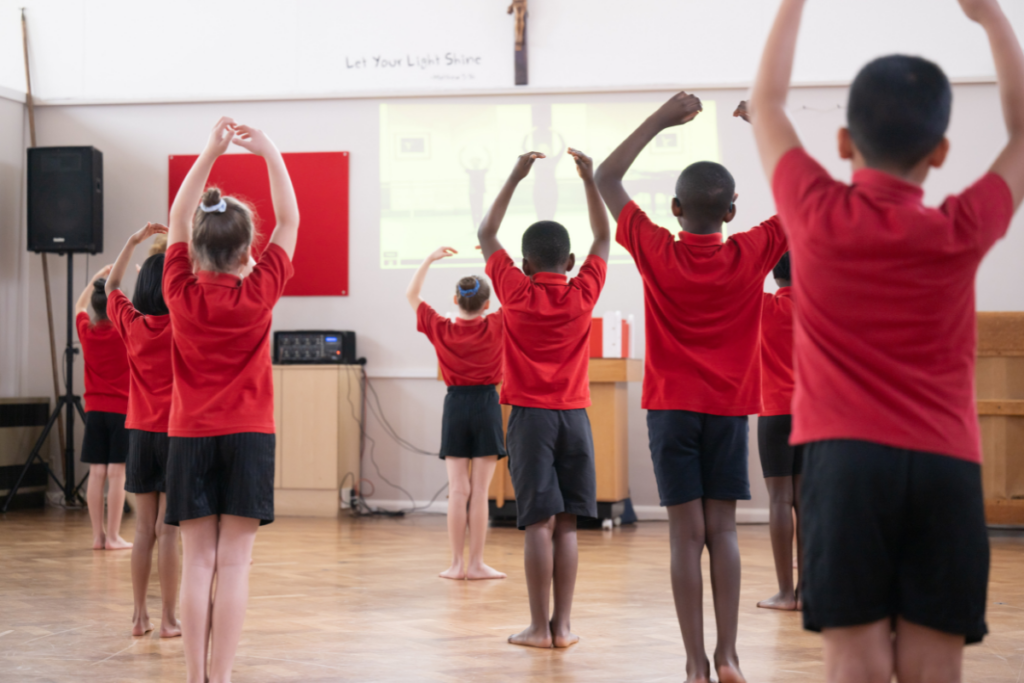Audition tips with our auditions team
It’s great to see so many applications for our full-time and Associate training already coming through this year and we can’t wait to welcome budding dancers to the School to present their potential. There’s still time to apply if you haven’t already! Applications close on 10 October.
We asked our Head of Training and Access Mark Annear and our Auditions and Admissions Manager Kim Sheard for some tips that might help you ahead of our audition season.
What do you look for in an auditionee?
Mark: In a nutshell, someone that has the potential to benefit from the training that we offer. Not every school suits every student, and not every student suits every school. And not getting into one school does not mean you are not going to have a career in dance. There are lots of things we look for such as artistry and musicality and other things that are perhaps harder to pinpoint, like confidence, tenacity and being able to thrive in a high-level training environment. We’re not looking at anything that’s happened before, we’re not looking at your dance grades or ballet exam results. We only look at what happens in the room at your audition and what we think might happen in the future.
Kim: We have to make sure that students are a good fit for the School. As much as we want to take everyone who is amazing, we also don’t want to take someone if it’s going to be detrimental to them socially or academically. We have to make sure that it is the right place for the student. For example, we take into consideration things like boarding. When we’re looking at someone at the age of 10 or 11, they may think they know what it means to board but then when they get here might realise that it’s just not for them. It’s a huge thing for students and families to get their heads around.
In the final auditions, we’re trying to get a sense of how they will respond in a high-pressure environment like our School. We never want to put someone in a position that’s going to negatively affect them. We’re always trying to make sure that we’re doing what’s best for each of the students.
What is your most important piece of advice for the audition day?
Mark: Give yourself plenty of time to get there. If you’re late, you’ll get stressed and you might not give your best so make sure to get here on time so you can enjoy it.
Kim: Show the panel that you enjoy doing ballet, that this is something you love to do. It makes you as the dancer have a better experience because you’re doing something you love and you’re enjoying it. It makes the people watching you have a better experience because they’re watching someone do something they love.
Do you have any advice for completing the application?
Kim: Don’t do it at the last minute. The closing date is a Tuesday and everyone tries to do it in the last two hours that the form is open and then we’ll get a flood of emails about last-minute issues and things that have happened to prevent people submitting their applications. Why leave it to the last minute? It’s open for a month – make sure you do it early!
Mark: Prepare everything you need for your application. Give yourself plenty of time to get everything ready and don’t wait until the last minute to send it off. The deadline is firm and if you ring up after the deadline, you won’t get an audition.
What are your tips for the week before/night before/morning of the audition?
Mark: The week before your audition, just do what you normally do. You don’t have to do any extra classes, you don’t have to do any extra preparation. The night before, make sure you eat a good meal in the evening and get a good night’s sleep. On the day, make sure you pack everything you need and you’ve got your shoes. Leave yourself plenty of time to get to the audition, particularly if you’re travelling a distance, and have alternative routes planned if things go wrong. But try not to come too early because you’re only allowed in at the specific time you’re given. Apart from that, just do your best!
Advice on nerves?
Mark: You’re obviously going to feel nervous and that’s okay. Like with any audition, it’s like a performance, so a little bit of nerves is good. You’ve just got to make sure that you come in and have a sense of enjoyment. You’ll be guided through the whole process, there’s nothing you have to prepare before, you don’t have to remember anything. Once you get in there and get going you’ll find that it’s just like being in a class. You just happen to have a couple of people watching you.
Kim: One of the things that I say repeatedly on audition days is something I was once told which I find really useful. Think about what your body feels when you are nervous. Your tummy has butterflies, you breathe a little faster, and your muscles sometimes tense. Now, put that to the side and think about what happens to your body when you’re excited. Your tummy has butterflies, you breathe a little faster, and your muscles sometimes tense. It is exactly the same physically. So, if you can convince yourself that nerves are also excitement, you can merge the two and use them to your advantage.
What should you do if you’re unsuccessful?
Mark: If you want to, you can always try again. Not everyone is successful the first time around because people develop at different stages of their training.
Kim: If you think about the numbers – think about the 2000 people that we might be auditioning and the small percentage of those people that might gain a place. We can only offer a small number of places, which is why the experience is as important as it is. It doesn’t mean that you’re not going to find somewhere else to train, it doesn’t mean you’re not going to have a career in dance. What it means is at that point in time, the School is not right for you. There are absolutely people who have come to audition more than once, received multiple nos, and then they get a yes.

